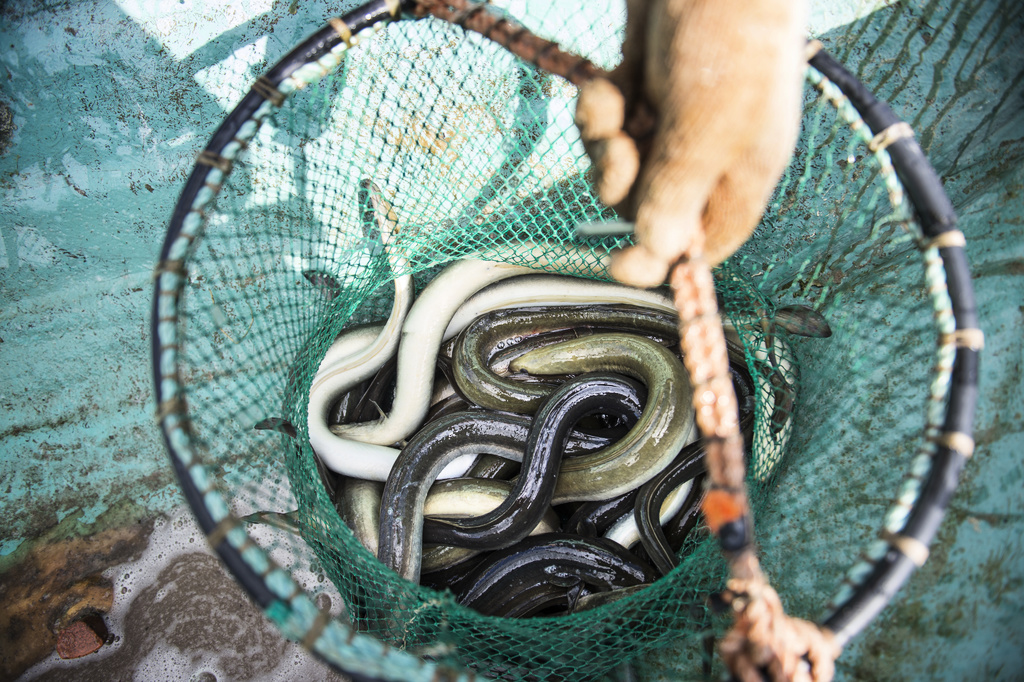
Swedish eel fishing will be completely stopped during the coming winter months. The greatest impact will be in the Öresund, where eels usually wander past on their way out of the Baltic Sea during this period.
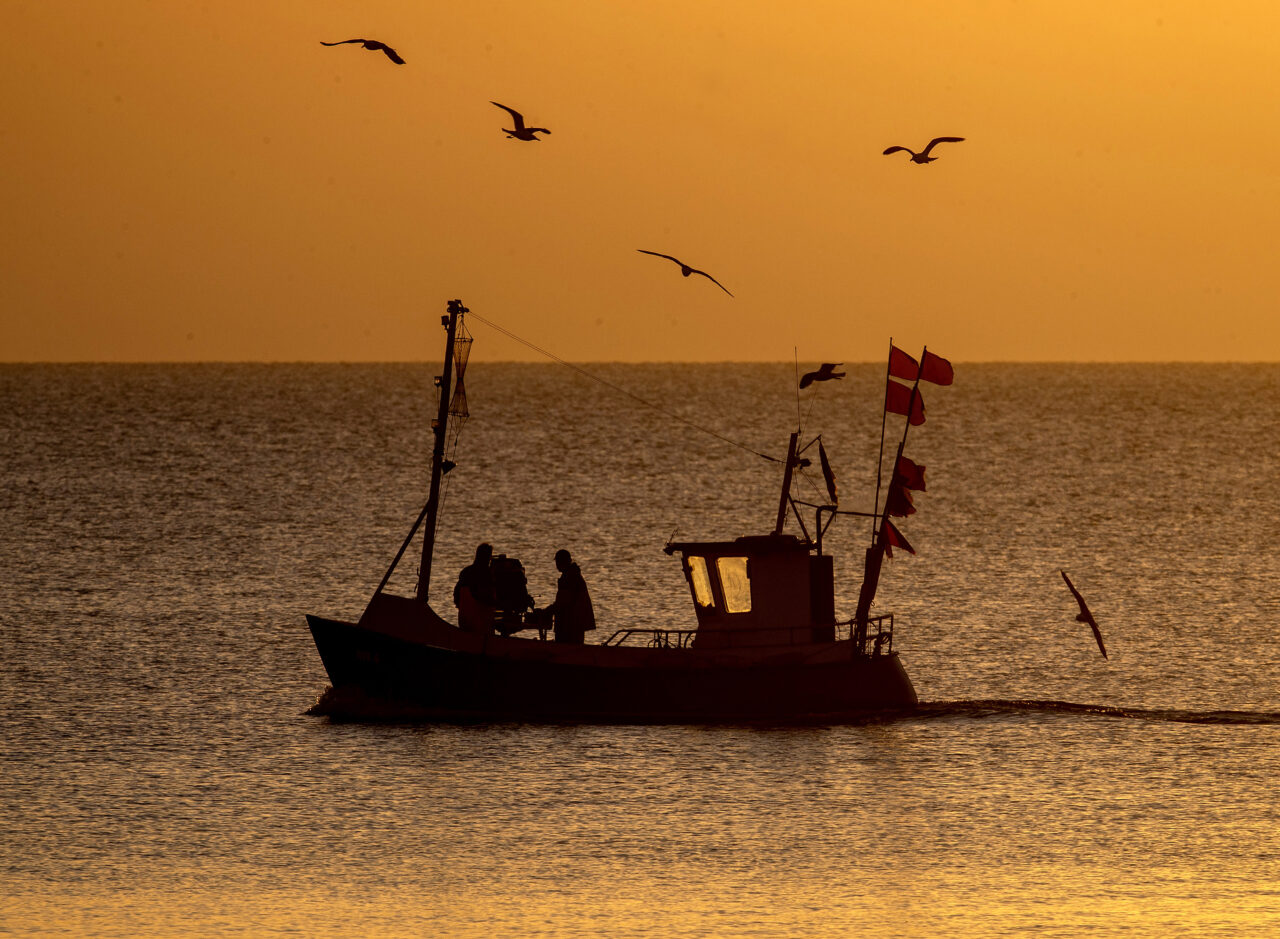
Bottom trawling is to be banned and phased out in all marine protected areas by 2030. The proposal is included in the European Commission's new action plan to save the marine ecosystem.
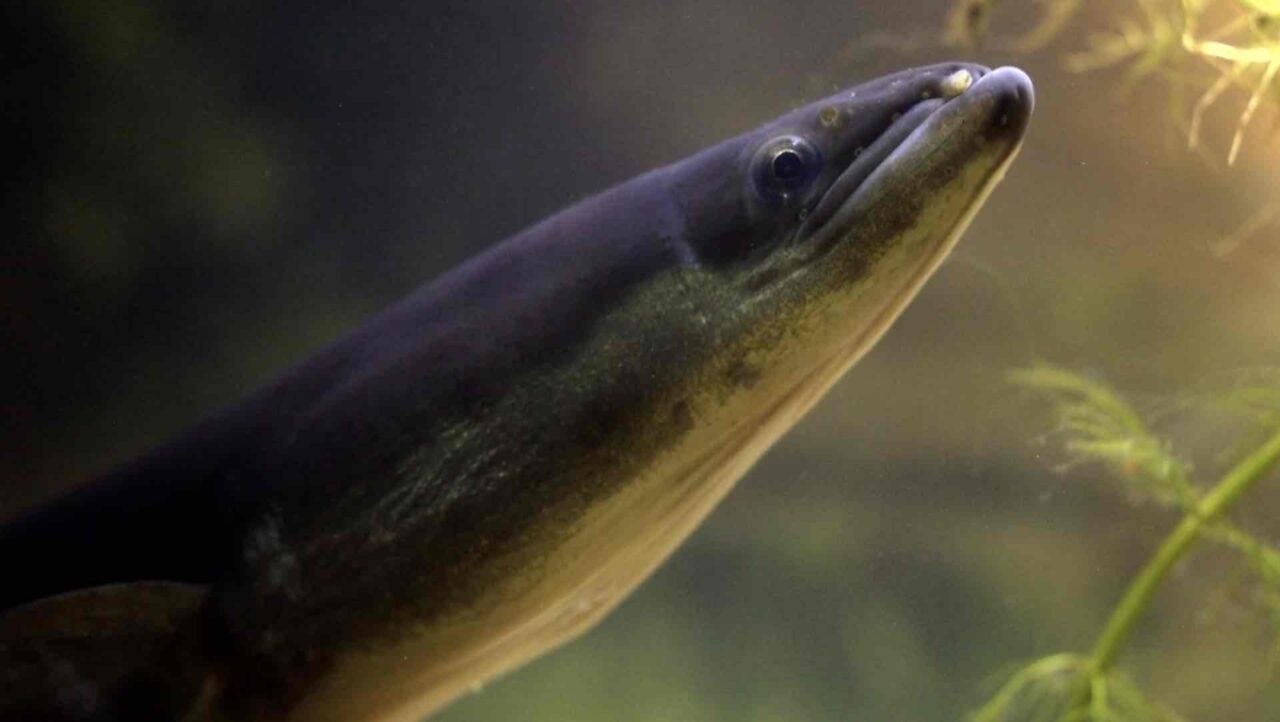
"Don’t catch any eels at all” say the scientists, if you want to have any eels left in the future. But according to Sofia Brockmark at the Swedish Agency for Marine and Water Management (HaV), very few people fish for eel in Sweden and they don’t catch very many.
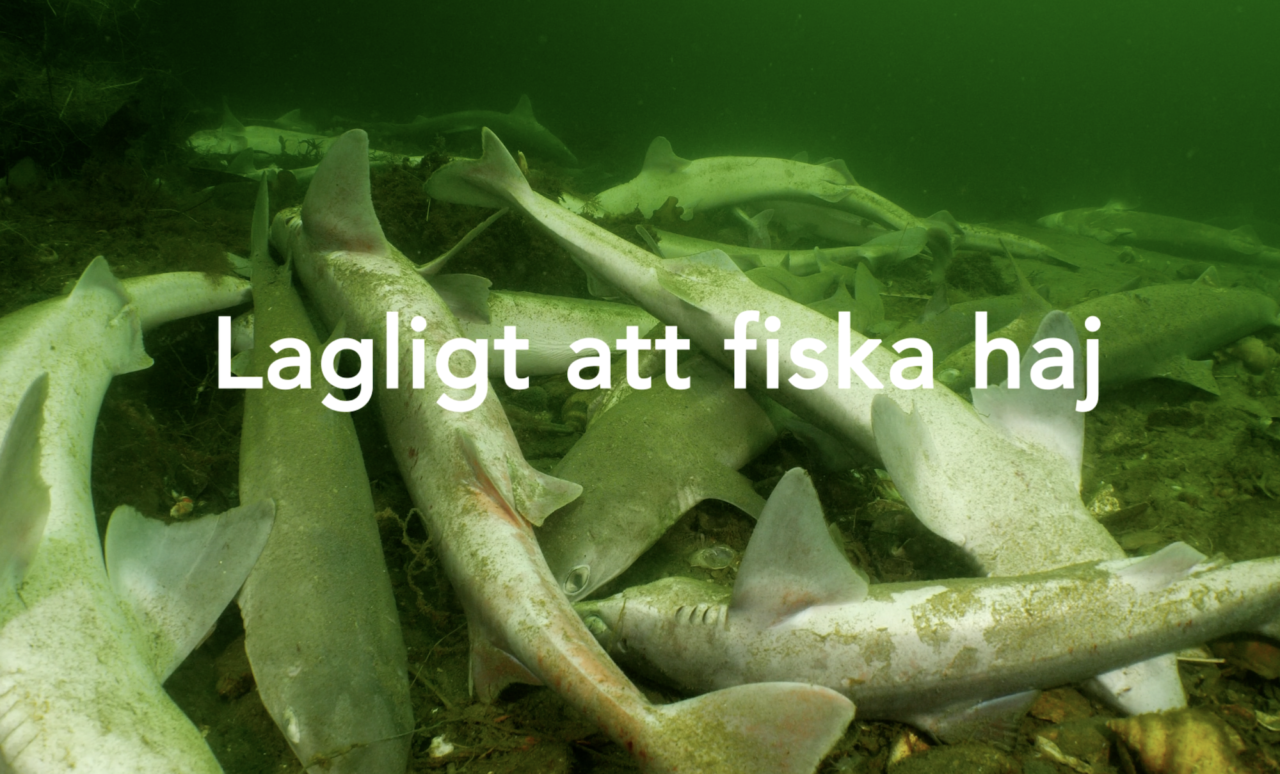
From 1 January this year, fishing quotas have been reintroduced for spin dogfish, and it is also covered by the discard ban, known as the landing obligation. However, the Swedish Species Information Centre still lists the spiny dogfish as acutely endangered and on the red list. Däremot listar Artdatabasen fortfarande pigghajen som akut hotad och rödlistad.
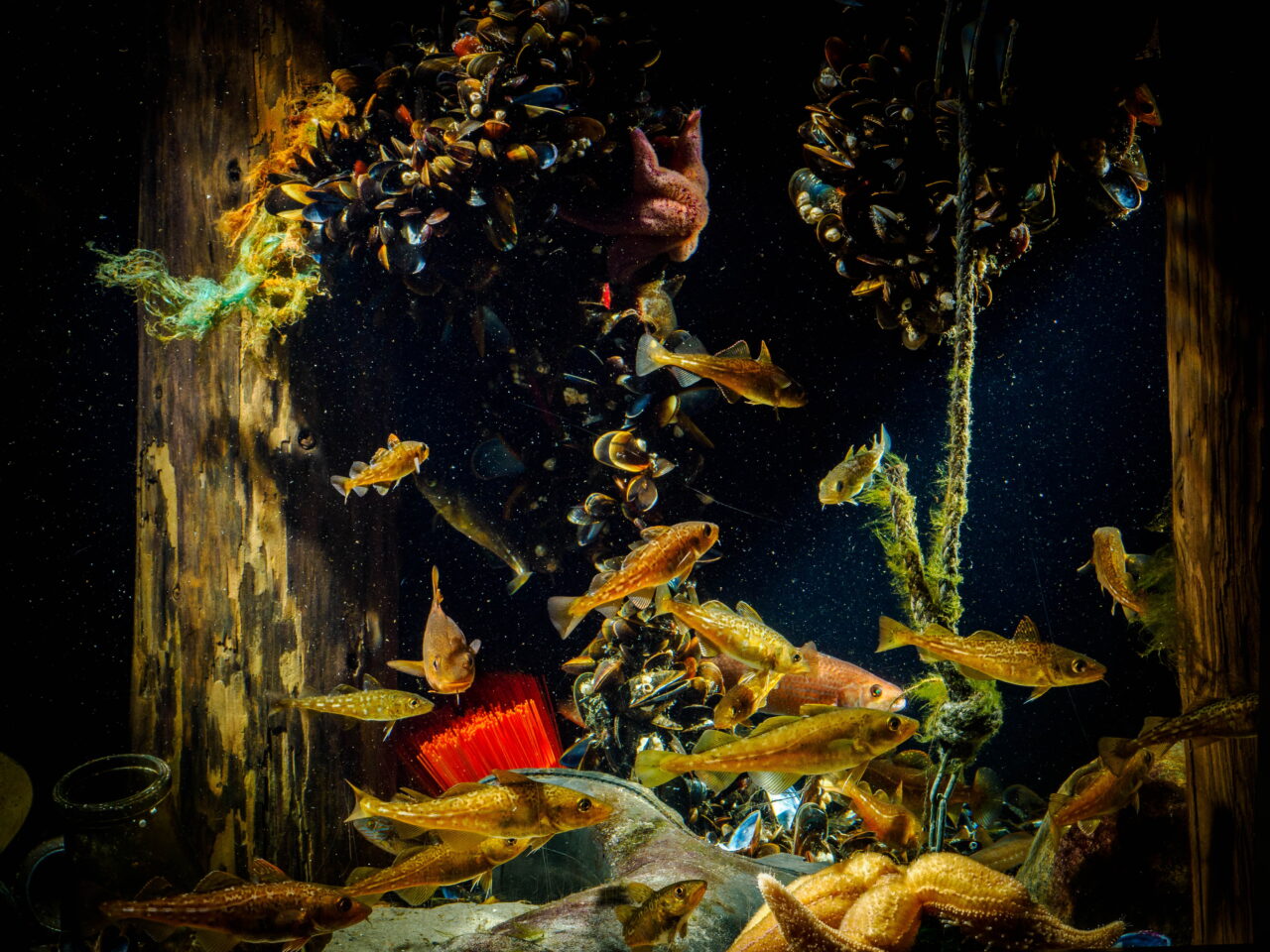
Cod stocks are close to collapse in several Danish fishing waters, but in the Öresund the species seems to be recovering and this year there are record numbers of cod fry. This is thanks to the introduction of both a trawl ban and restrictions on all cod fishing.
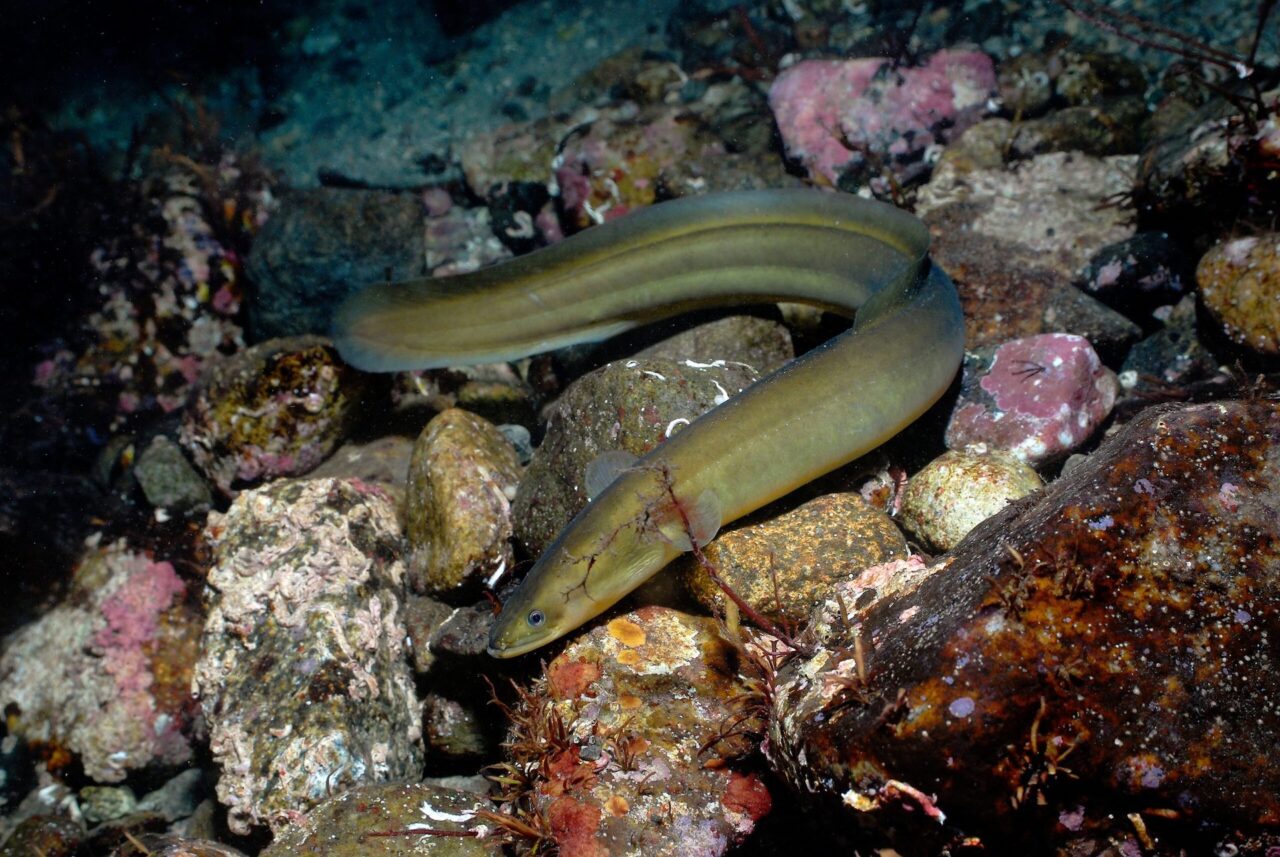
During last night's nightly meeting in Brussels, EU fisheries ministers voted in favour of a ban on recreational fishing for eel and an extension of the fishing ban from three to six months. WWF welcomes the decision but is critical of the fact that countries can choose their own time period. Sweden's eel fishery is one of the largest in the EU.
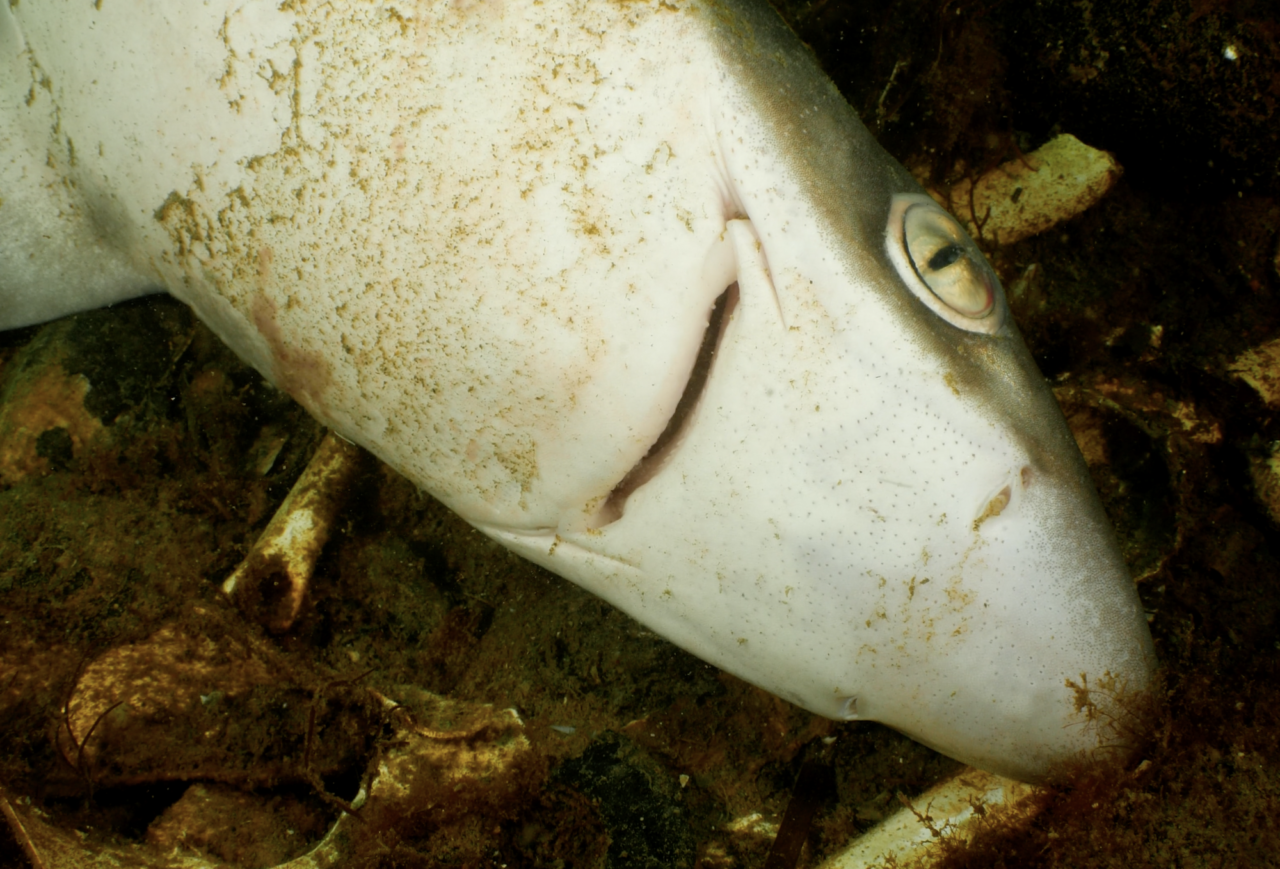
A person has now been served with suspicion of a violation of the Fisheries Act after over a hundred spiny sharks and rays were dumped in a harbor in Lysekil this spring. Reported by radio P4 West today.
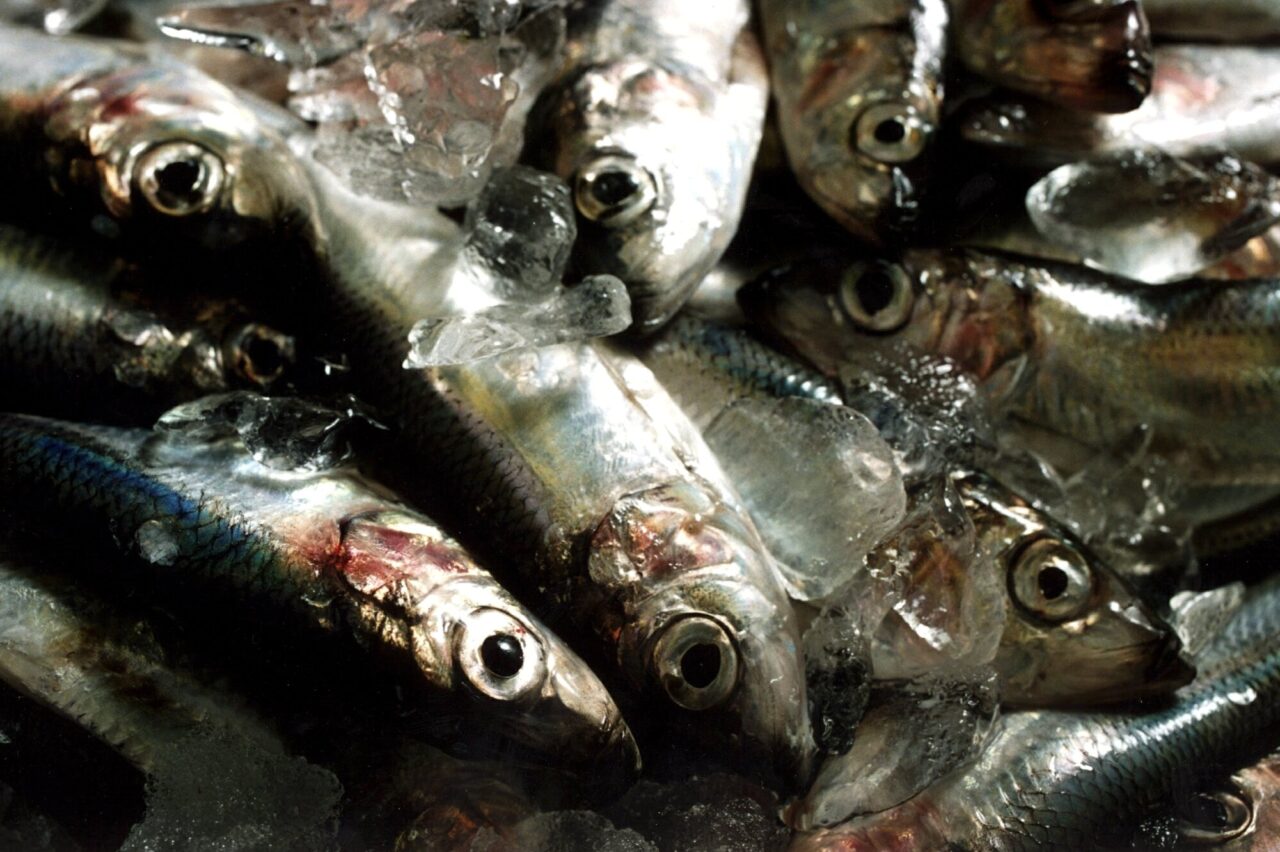
Small-scale coastal fishermen in the Baltic Sea have been warning for many years that the availability of herring and herring is declining. The Swedish Agency for Marine and Water Management also sees the same development, reports Swedish Radio's Ekot
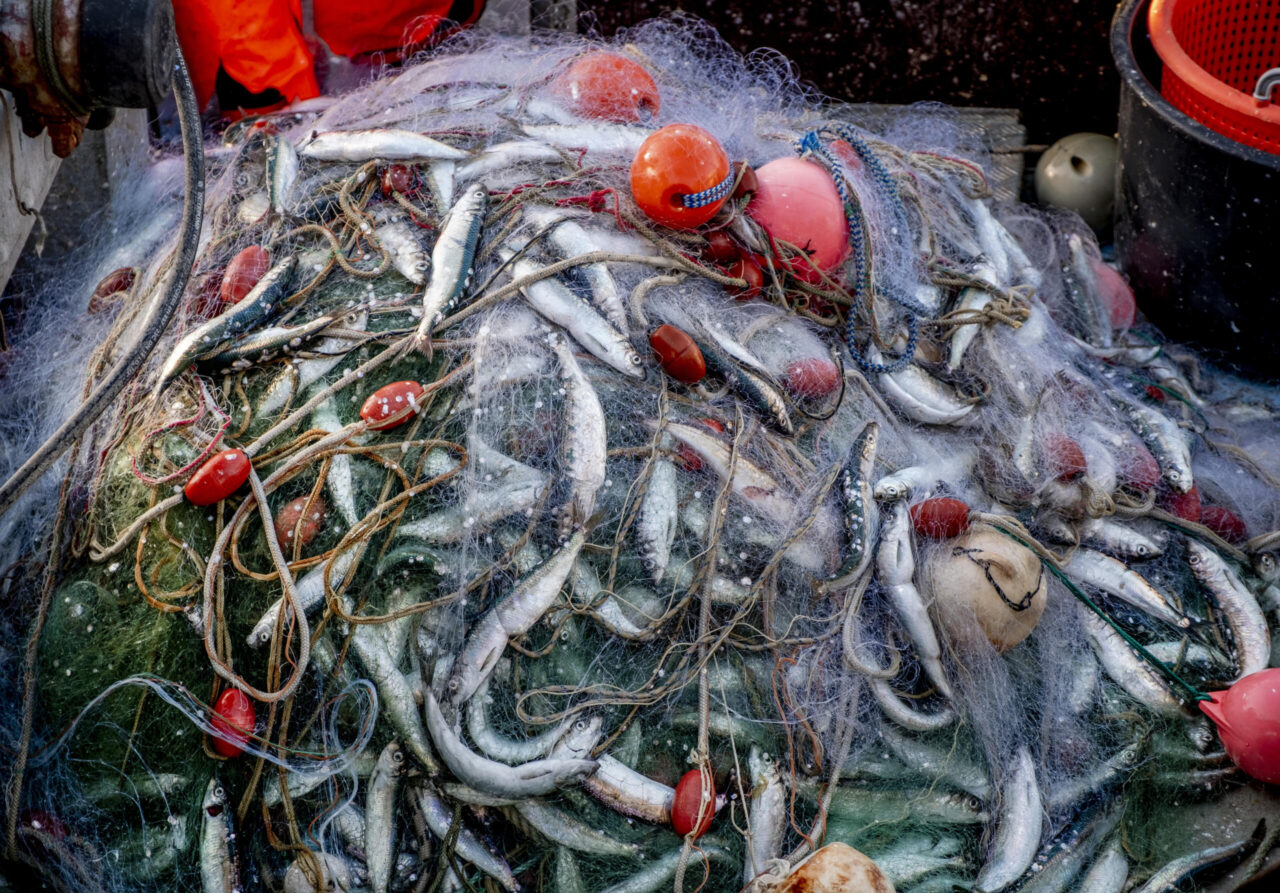
The Green Party wants to see an immediate end to all industrial trawling in the Baltic Sea. At the same time, the entire maritime area should be protected. We have an acute crisis that requires urgent crisis response, says spokesman Per Bolund

The annual fishing ban on eels is brought forward by one month. Now it will be forbidden to catch the critically endangered fish even during October. "Up to 40 percent of the fishing will disappear," says eel fisherman Hans-Inge"Hånsa"Olofsson
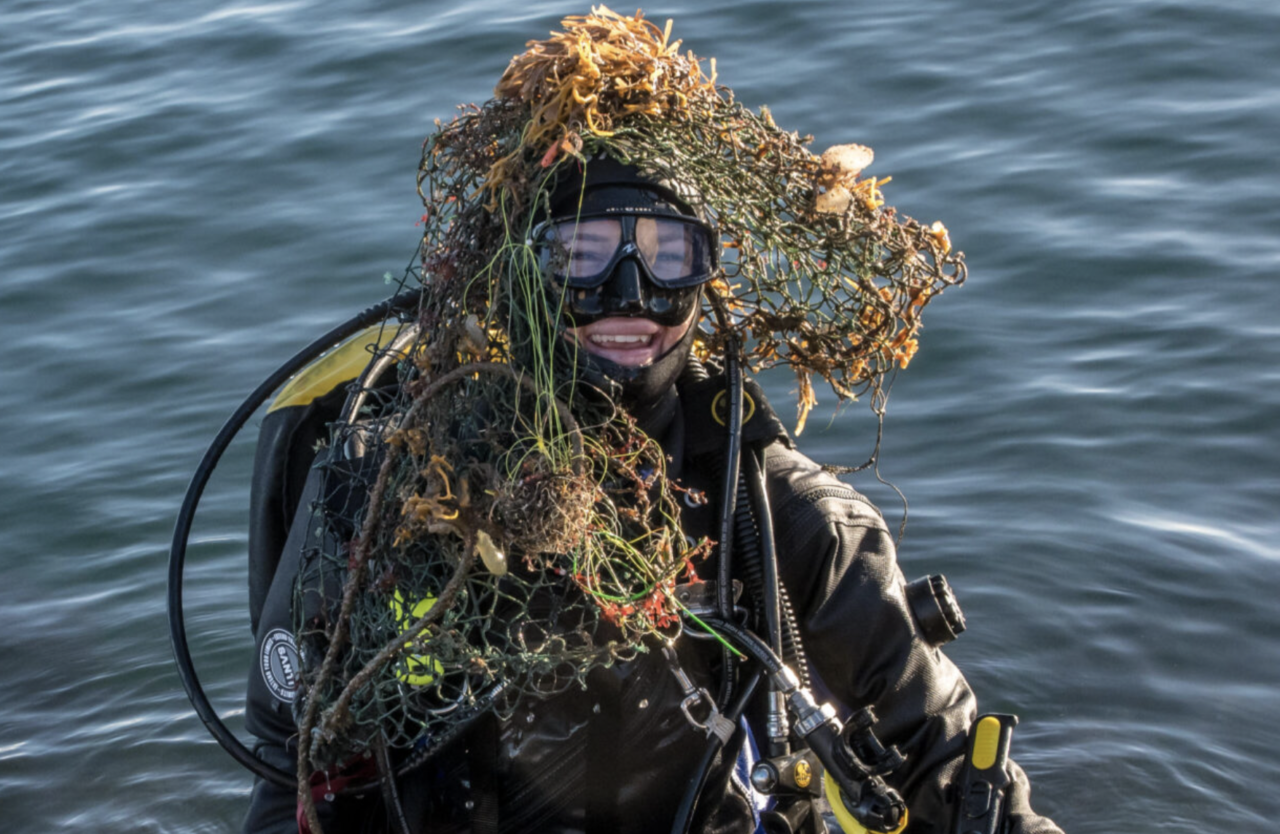
Every year, large amounts of fishing equipment are lost in the sea. In many cases, the equipment continues to fish without anyone taking care of the catch – so-called ghost fishing. On the West Coast, lobster tins pose the big problem and it is estimated that thousands are lost annually. Along both the west and east coasts, however, several projects are underway aimed at cleaning the ocean from these death traps
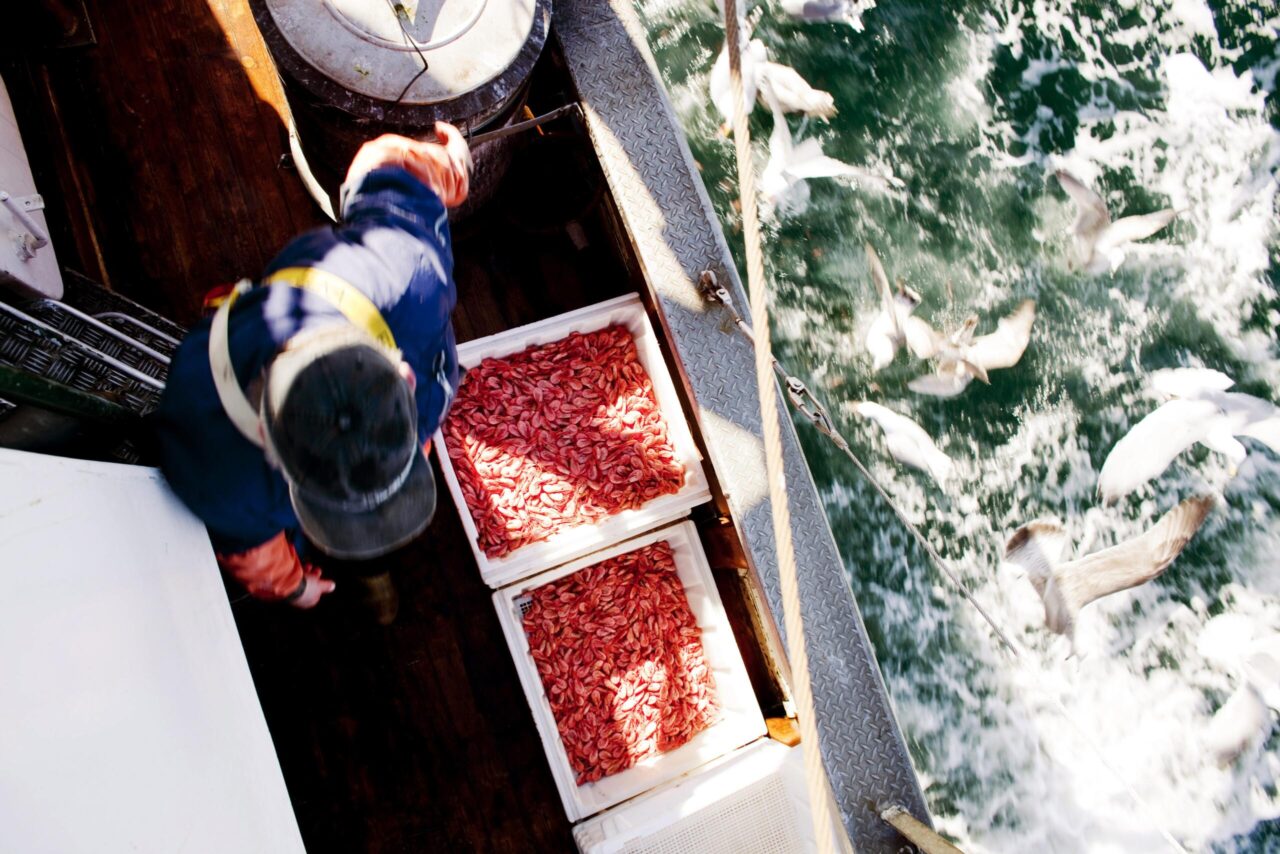
The high price of diesel is also affecting the fishing industry. The biggest shrimp trawlers on the west coast are expected to stay at berth next week, if diesel becomes as expensive as feared. It's not profitable anymore," says Peter Ronelöv Olsson, chairman of Sweden's fishermen
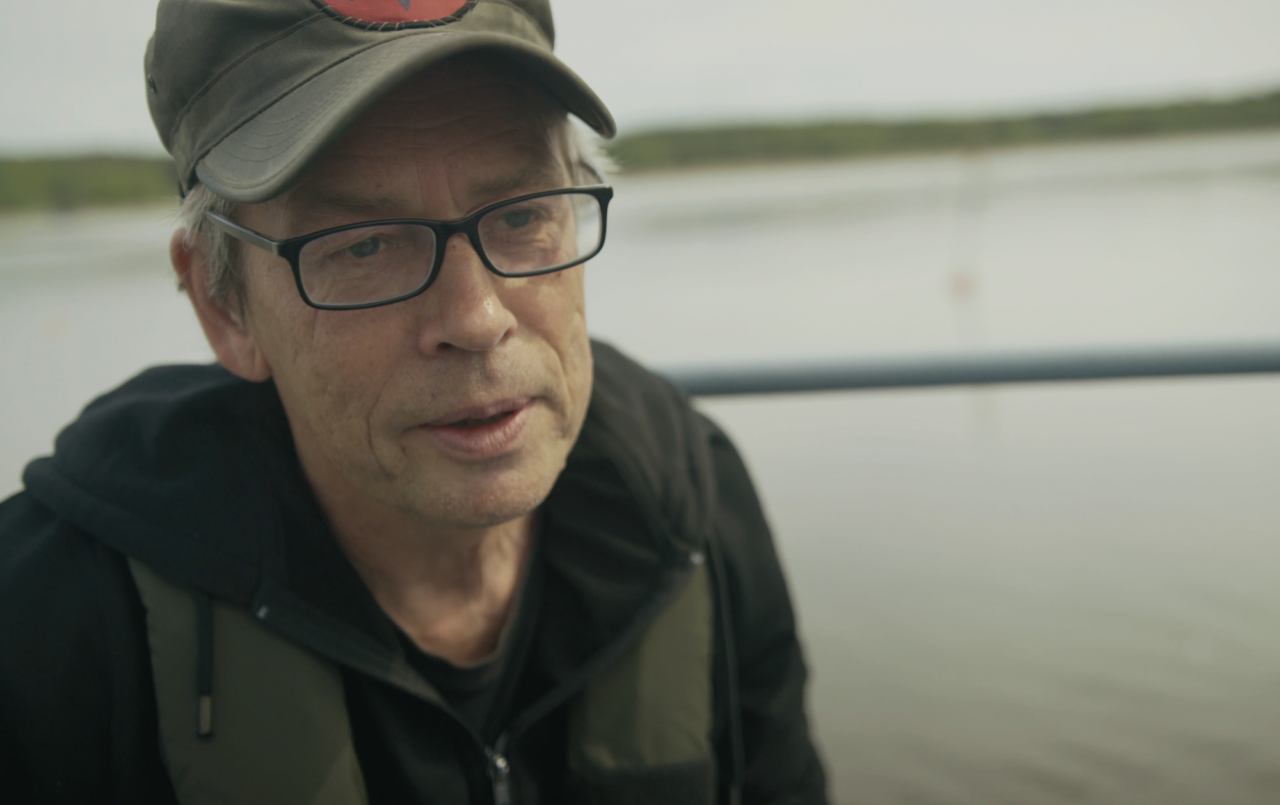
In this video, we hear fisheries consultant Henrik C. Andersson's thoughts on total fishing bans and closed areas. In the supplementary article, we talk further about the topic with Martin Rydgren, investigator at the Swedish Agency for Marine and Water Management
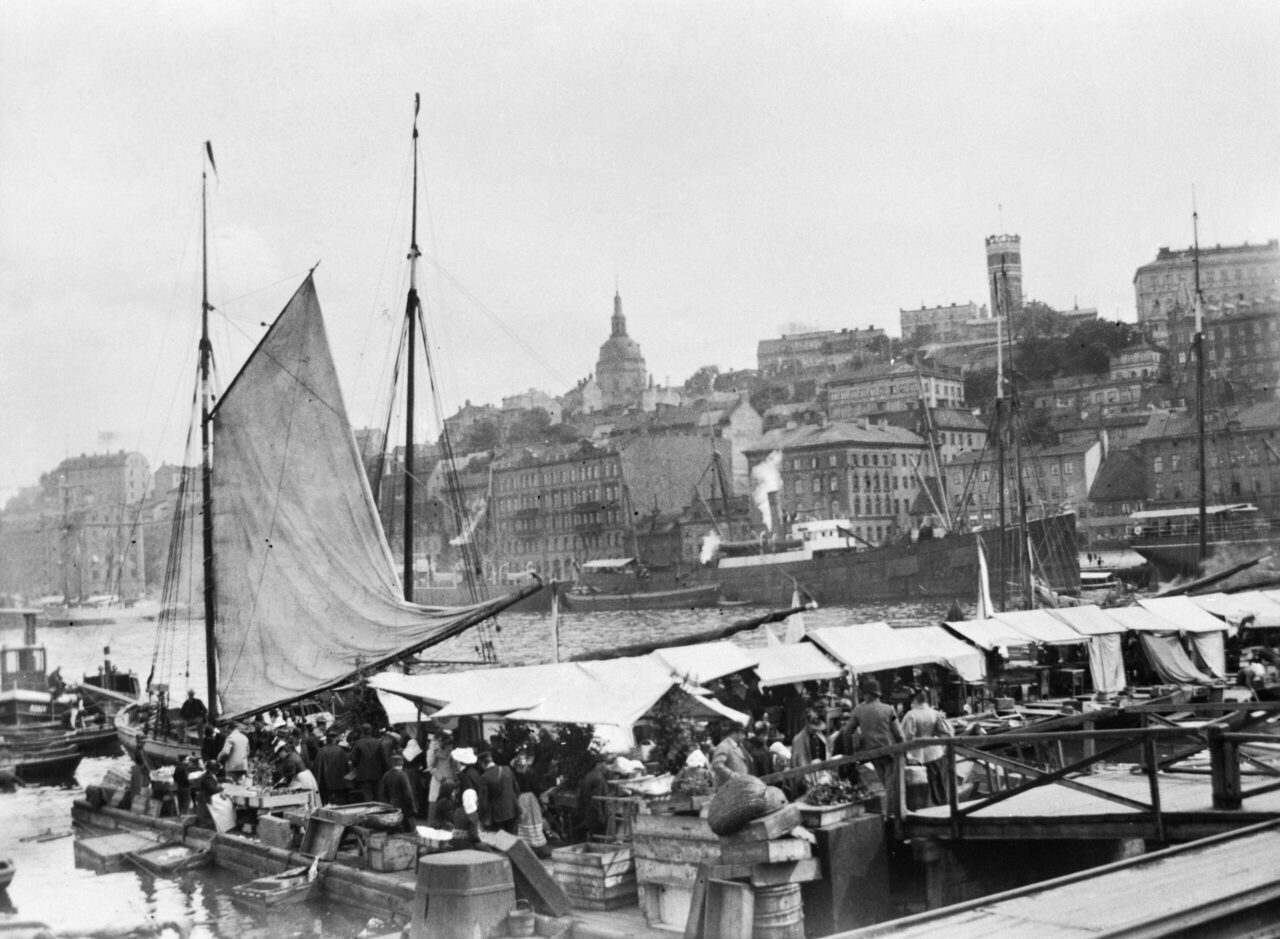
The Stockholm archipelago has been fishing for 9,000 years. Commercial fishing was widespread long before motorization and modern-day industrial trawlers. Herring and cod have been the most important species, and for Stockholmers, fish have contributed greatly to both jobs and protein intake. We go through the fishing history of the area with two experts
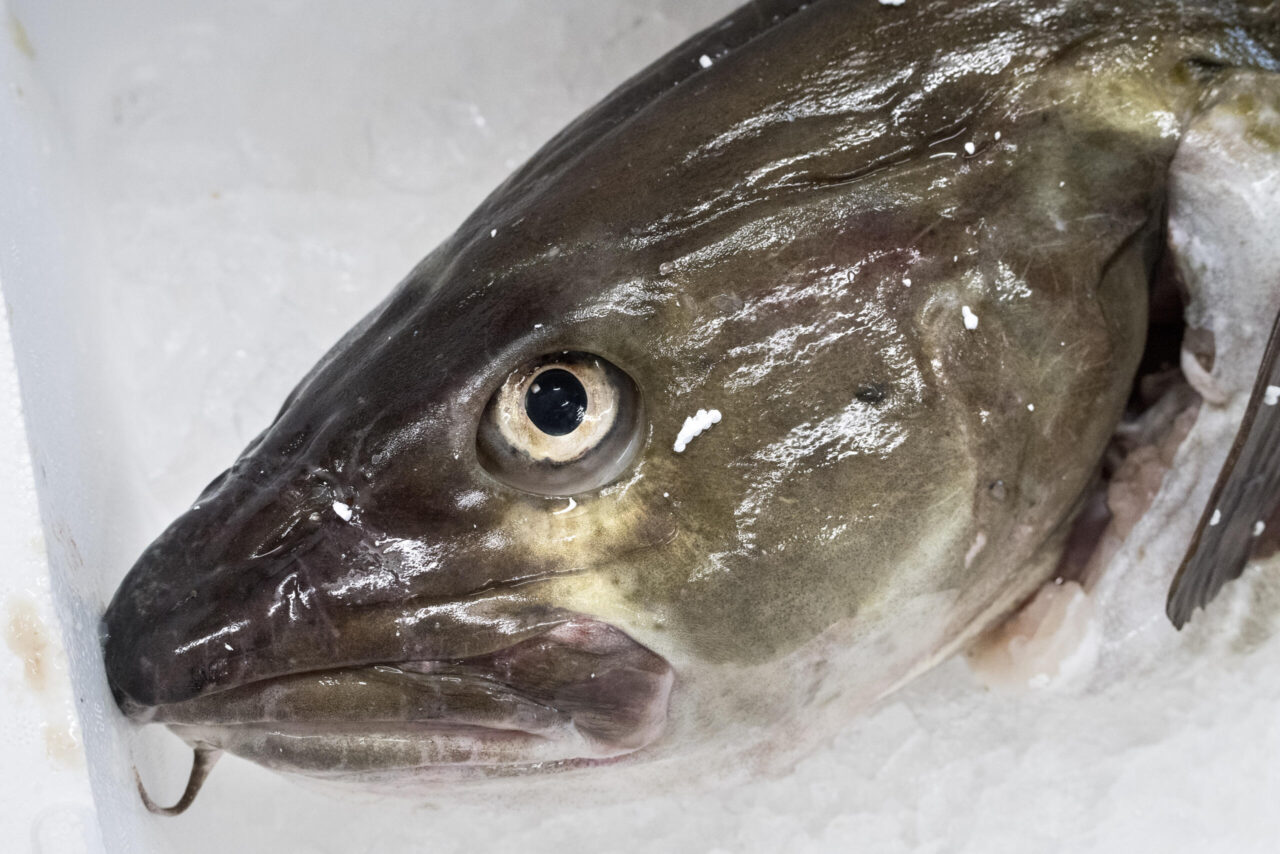
From today until 31 March, all recreational fishing of cod is prohibited in the Sound and the southern Baltic Sea. This is after stricter rules were decided at the EU's fisheries negotiations in the autumn

The eel is critically endangered, and now research says that all human impact on the eel must stop. But in southern Sweden, eel fishing is seen as a cultural tradition, and every autumn large parties are organized where it is cooked and served in different ways. How is it that Swedes continue to eat the critically endangered species?
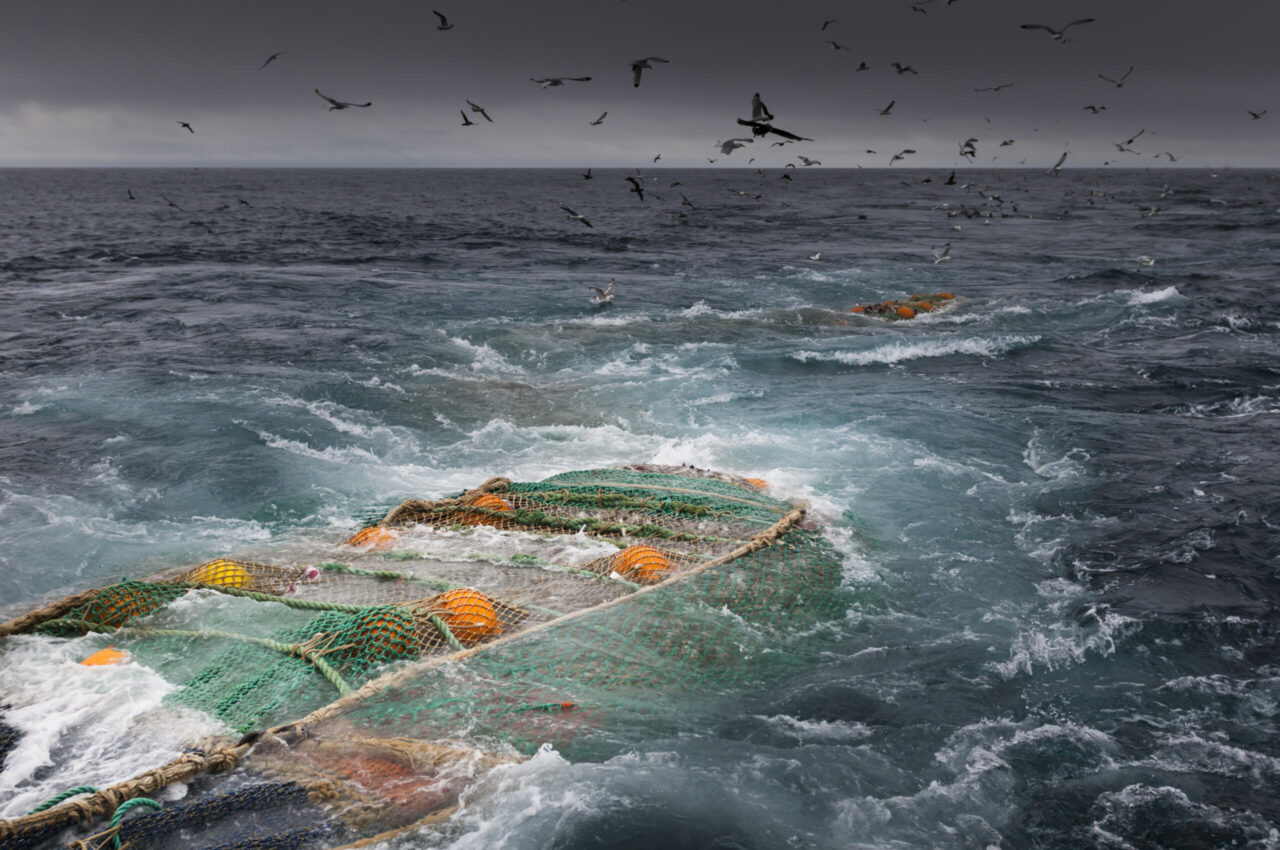
Today, a parliamentary majority has voted to move the limit for trawl fishing from 4 to 12 nautical miles from the Baltic Sea's Swedish coast. The Riksdag has also decided to allow more hunting of both seals and cormorants, and to make it easier for those who engage in small-scale commercial fishing
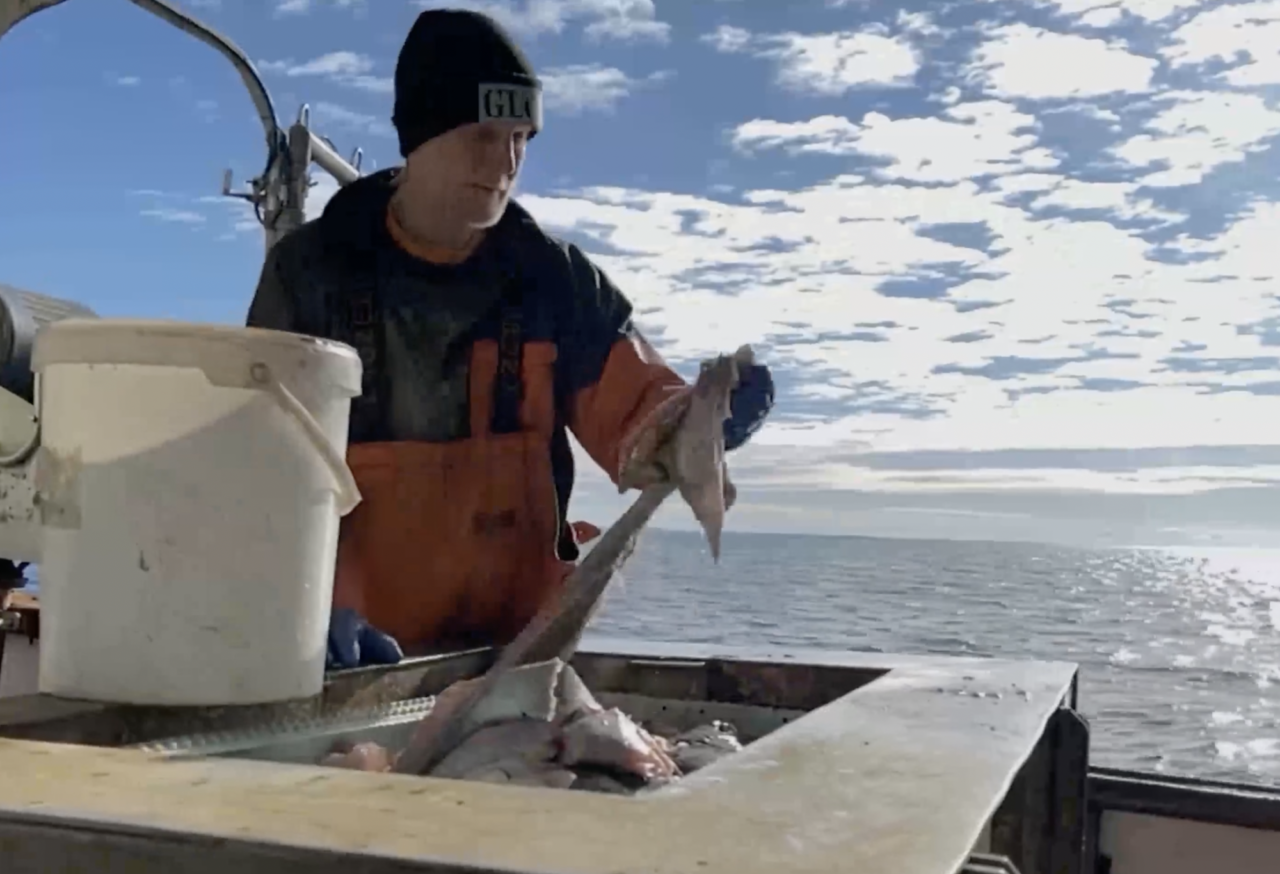
In a fishing village in Halland, we follow a family whose life is built around coastal fishing. We get to take part in their everyday lives, their history, and their thoughts and hopes regarding the future – both for themselves and for fishing on the Swedish coasts
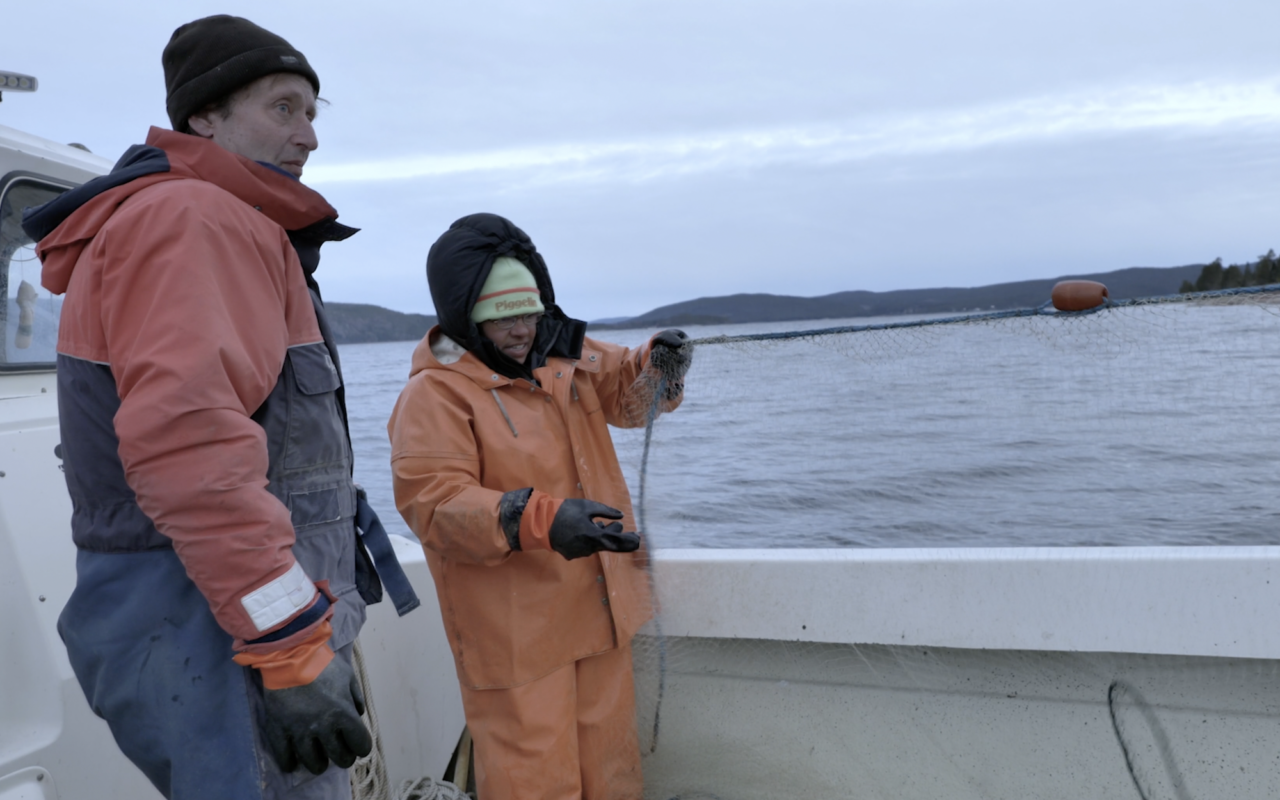
Manjula Gullikson is the only female professional fisherman in Västernorrland. But she finds it increasingly difficult to make a living from the profession. Her herring catch is only getting smaller and smaller
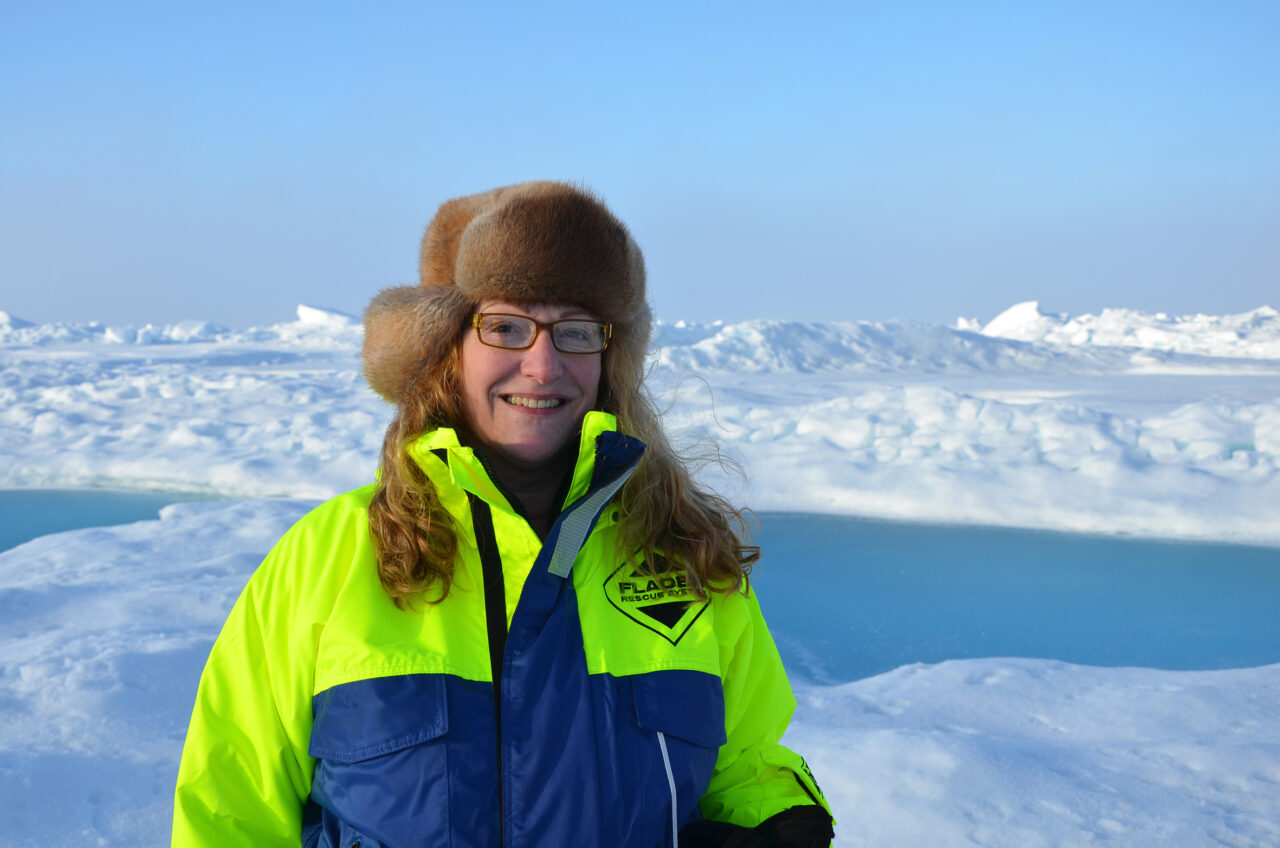
Is there life under the last ice of the Arctic? Researcher Pauline Snoeijs Leijonmalm hopes for it, but does not dare to hope for anything until she has an actual fish in her hand
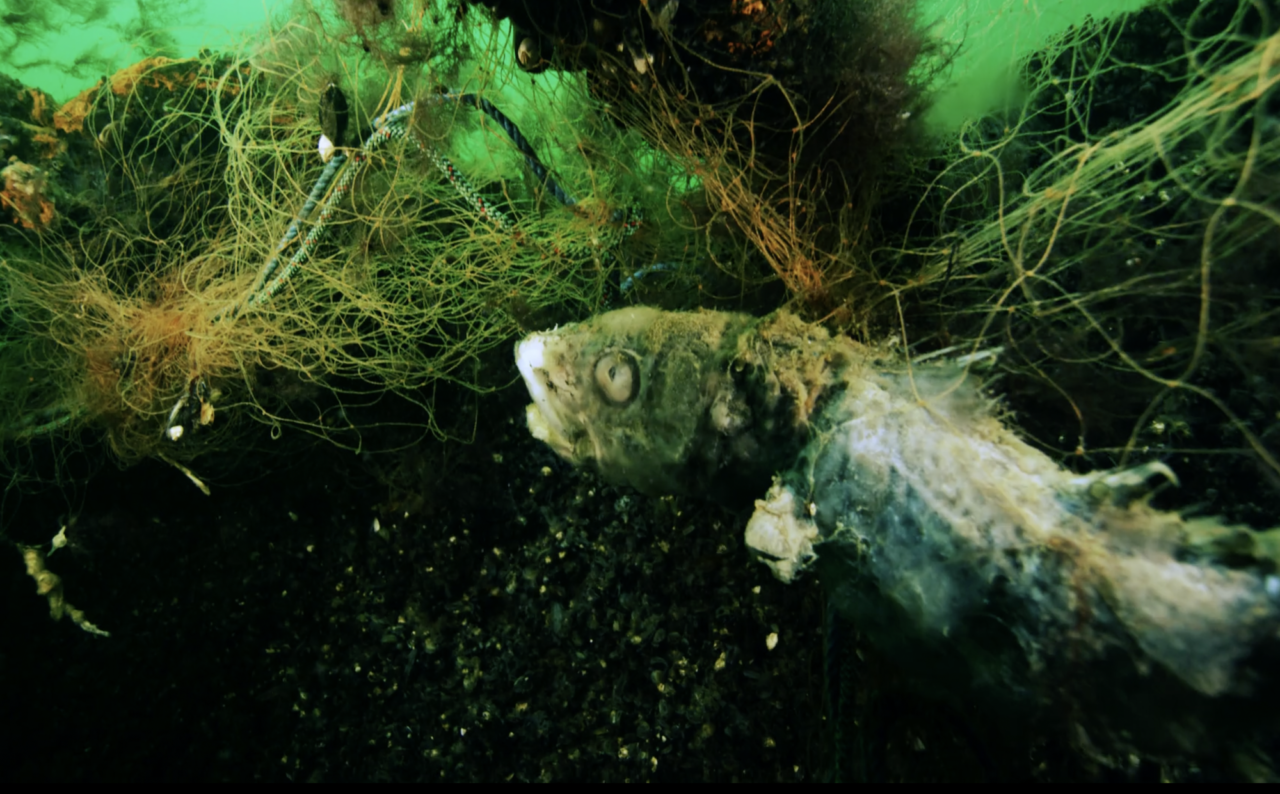
As fish stocks decline in the Baltic Sea, so does competition increase – does anyone have more rights to the fish resource than anyone else?
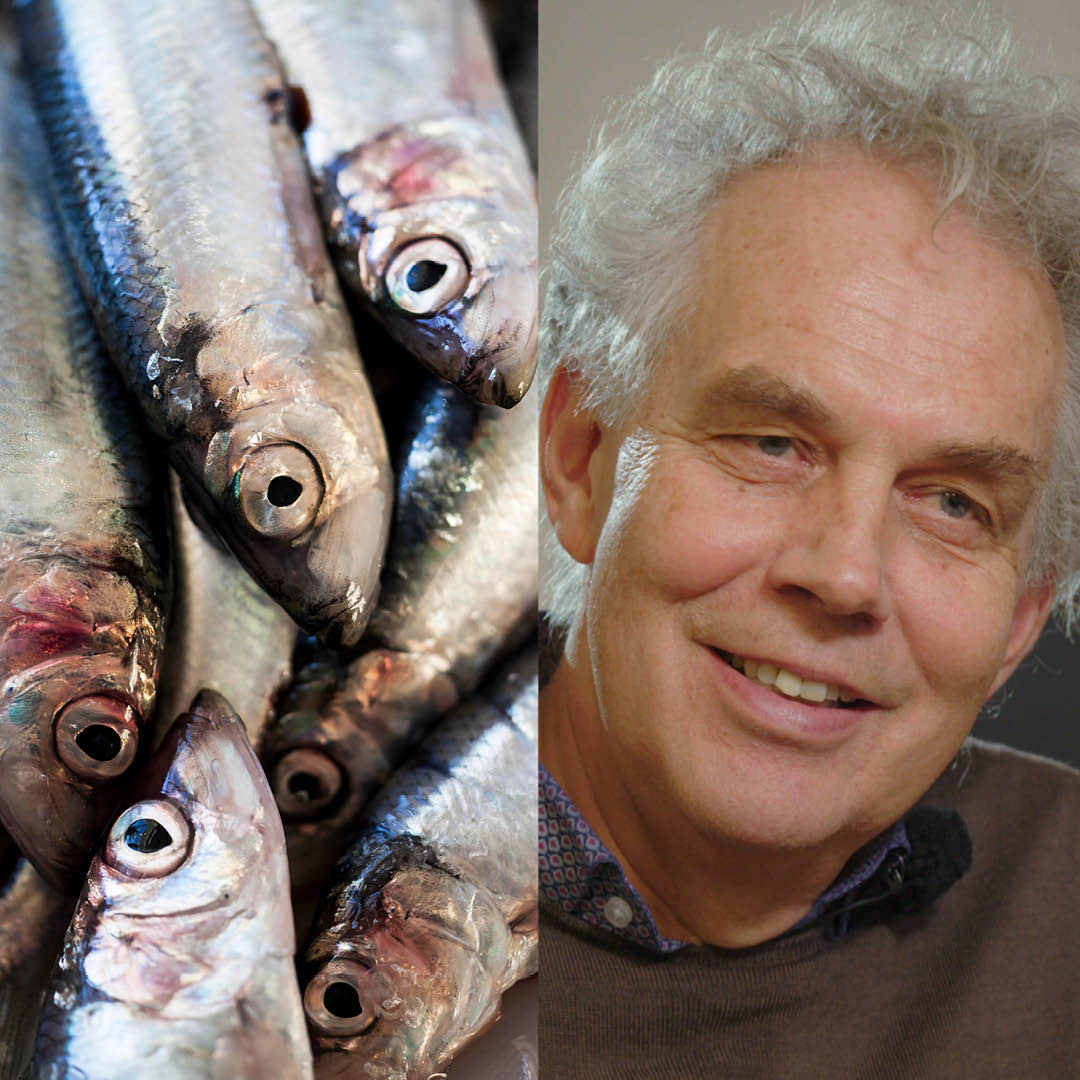
According to a new publication from the Swedish Institute for the Marine Environment, organized fishing was conducted in Stockholm's outer archipelago already in the early Middle Ages
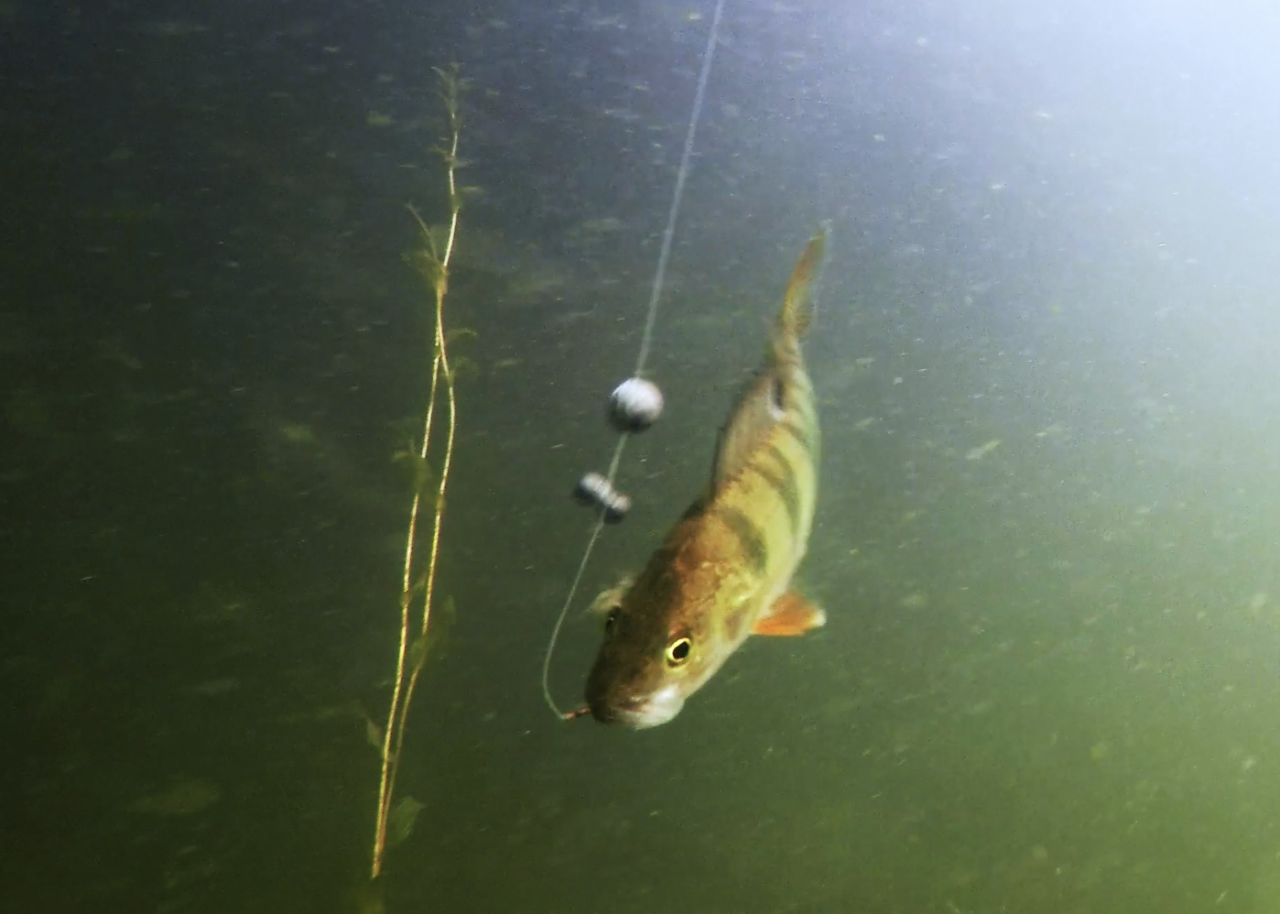
Almost two million Swedes recreational fish, an age-old interest that often leads to commitment to protecting the environment. But science states that fish can feel pain, the question is only how they experience it
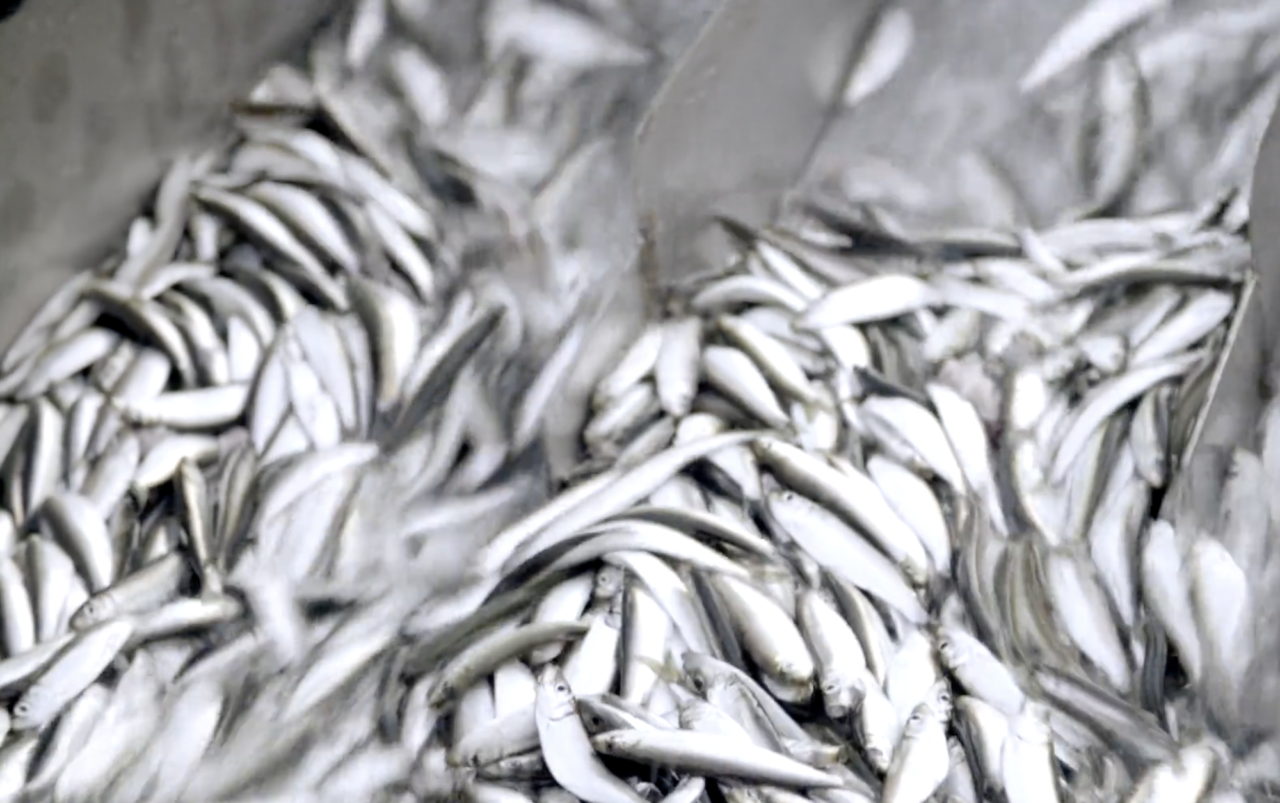
In Finland, Deep Sea Reporter visits one of the most modern facilities around the Baltic Sea. It rejects criticism of the large catches of industrial trawlers